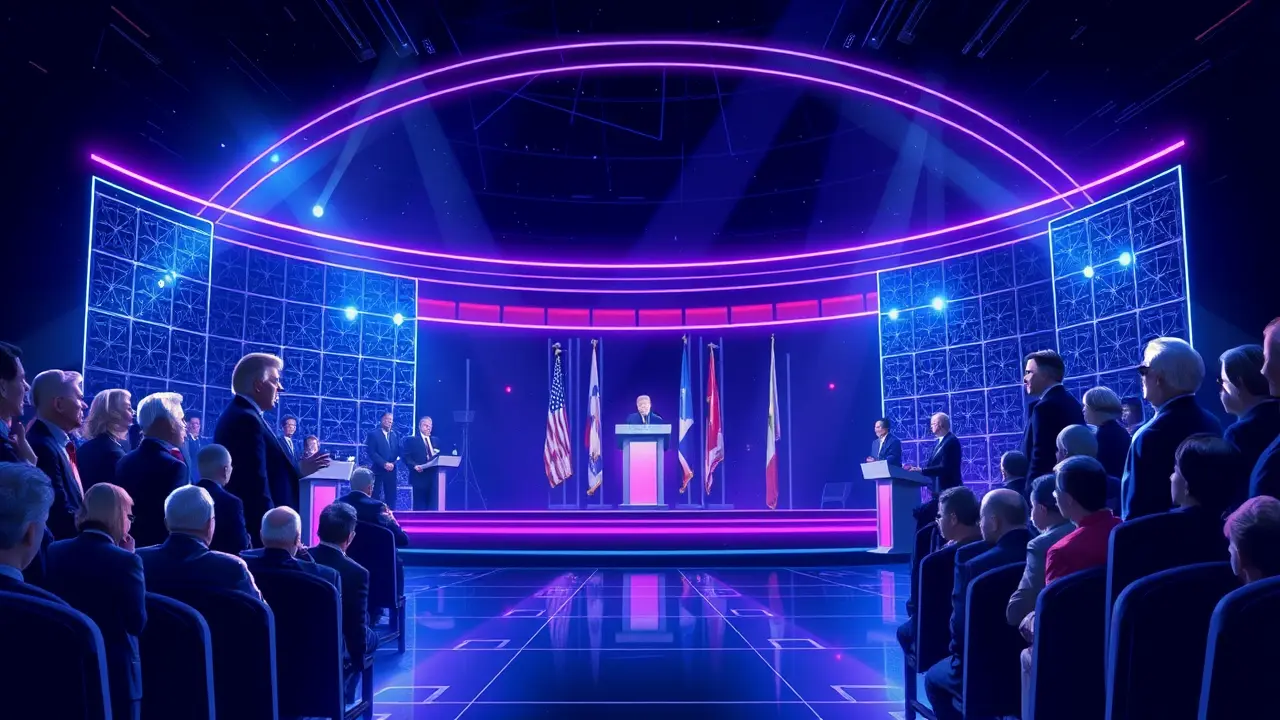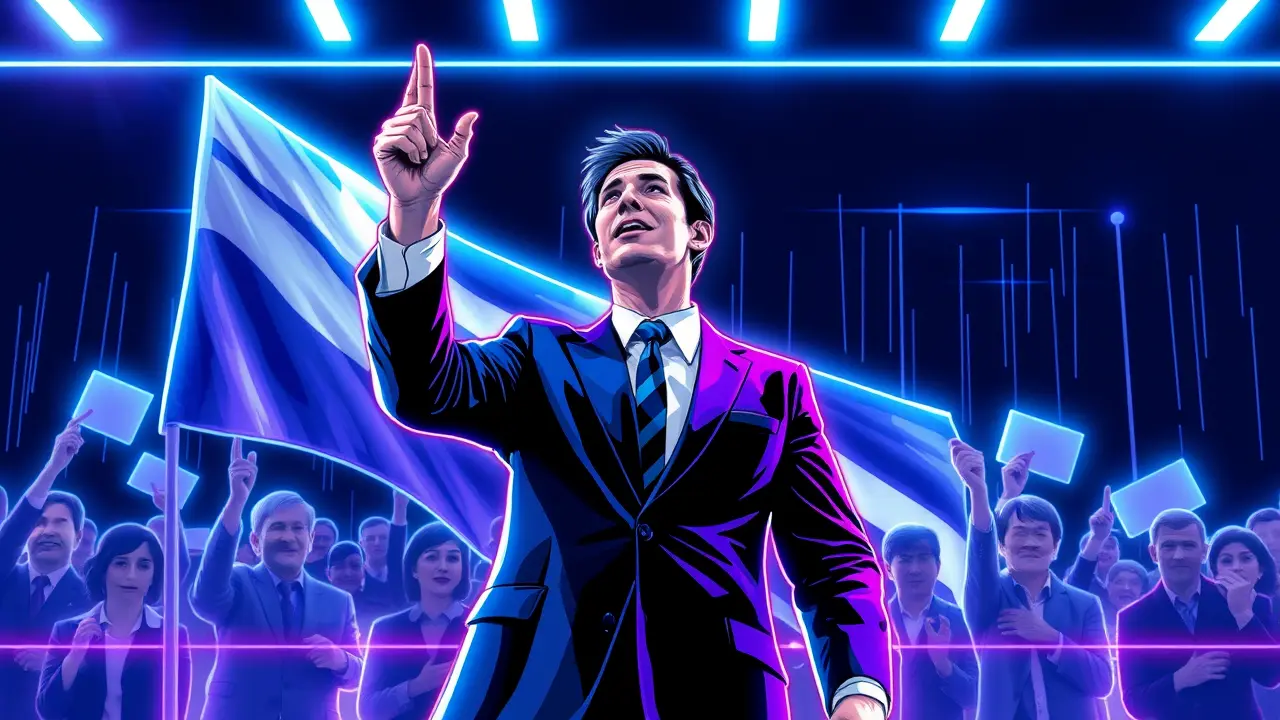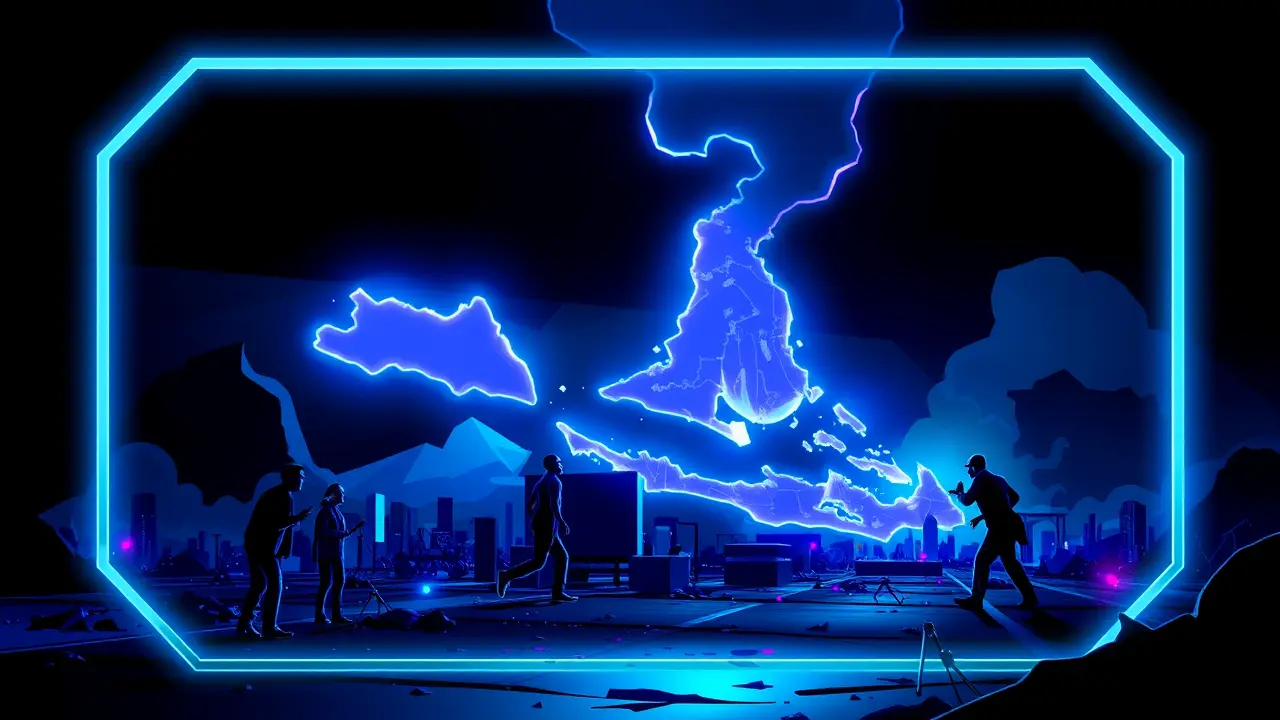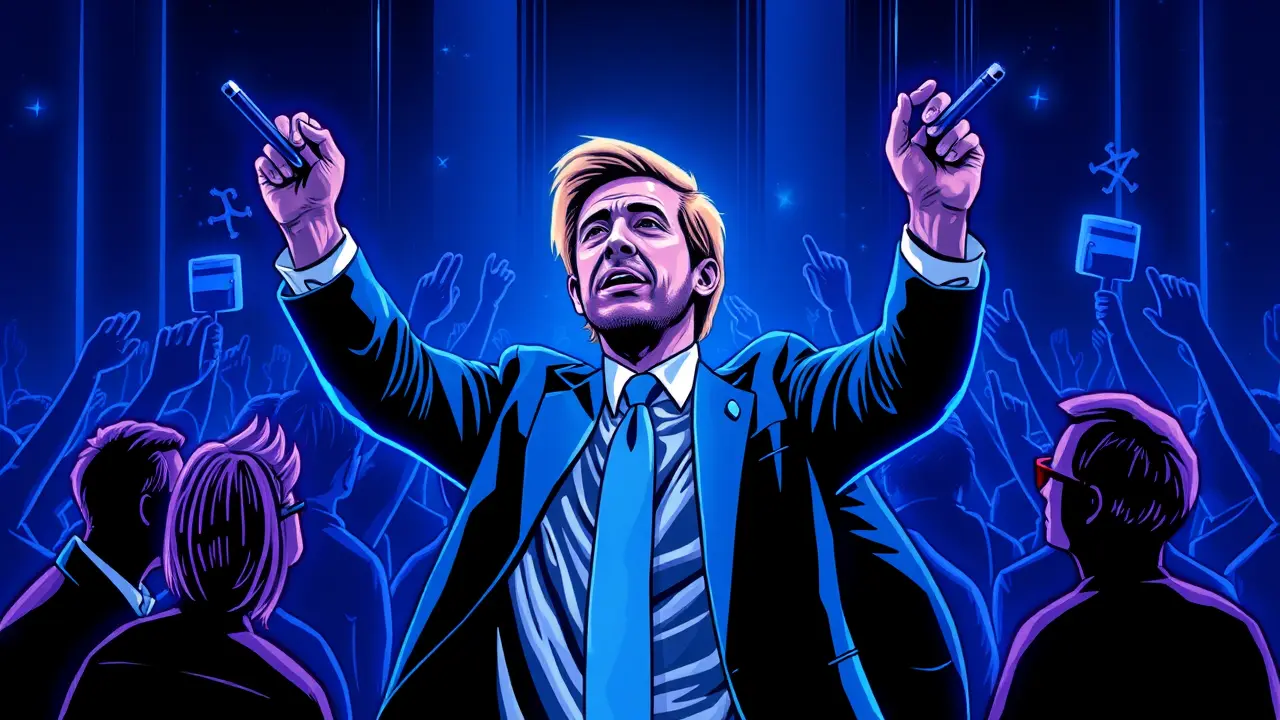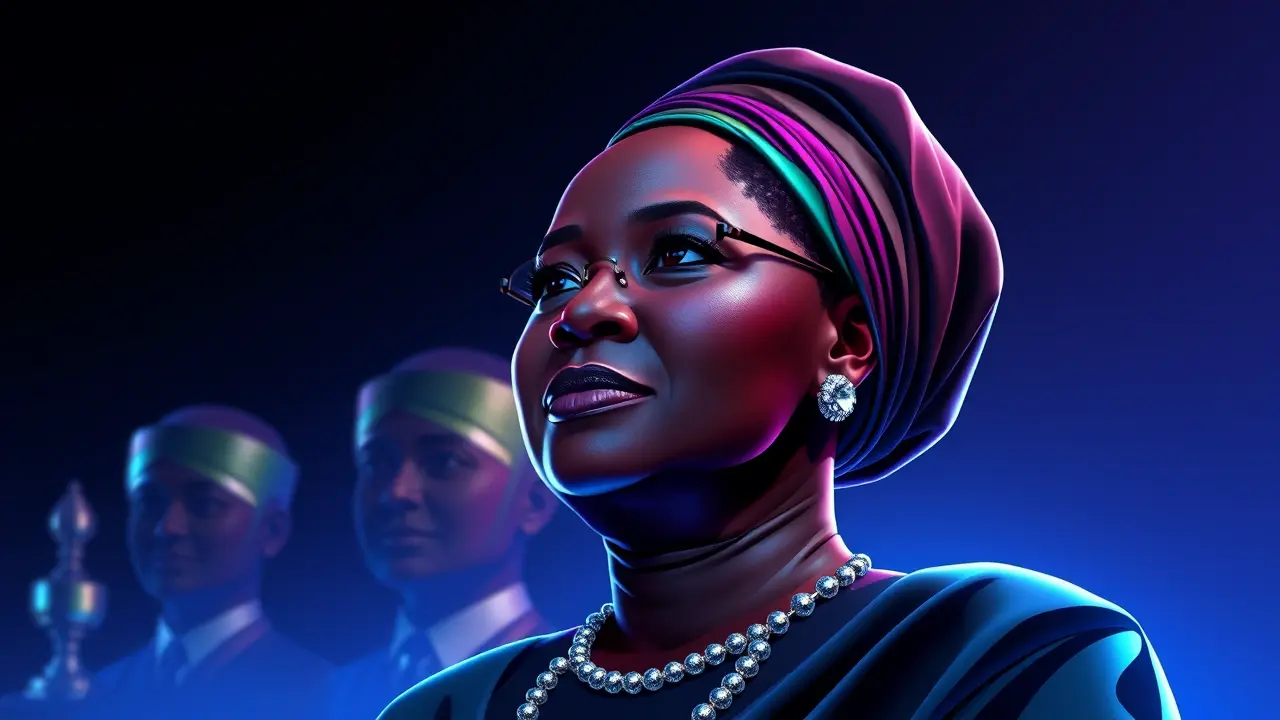
PoliticselectionsPresidential Elections
Tanzanian President Samia sworn in with opposition barred.
RO
Robert Hayes
10 hours ago7 min read
The swearing-in of Tanzanian President Samia Suluhu Hassan, an event that should symbolize the robust health of a democratic republic, instead unfolded as a stark tableau of its ailing condition, a ceremony stripped of genuine political contest and echoing with the silence of absent opponents. This was not an inauguration born of a vibrant, pluralistic debate but rather the coronation of a de facto single-party state, where the incumbent faced a landscape meticulously cleared of meaningful challengers.Key rivals, the very figures who give democracy its pulse and purpose, found themselves either imprisoned on charges their supporters decry as politically motivated or barred from running by electoral bodies whose independence has been systematically compromised. This scenario is not merely a Tanzanian affair but a concerning chapter in a global narrative where democratic norms are being eroded, drawing unsettling parallels to historical precedents where strongman politics gradually suffocated dissent.The legacy of the late President John Magufuli, Samia’s predecessor, looms large over this process; his administration, often dubbed 'The Bulldozer,' aggressively narrowed the civic space, muzzling the press, intimidating civil society, and wielding the legal system as a cudgel against opposition. Samia, who ascended to the presidency following Magufuli's death, initially offered glimmers of a thaw, speaking of reconciliation and a freer press, but this electoral process suggests that the underlying architecture of political control remains firmly intact.The case of opposition leader Tundu Lissu is particularly instructive: having survived an assassination attempt in 2017, he returned from exile only to find his candidacy thwarted, a move that effectively neutered the most significant threat to the ruling party's hegemony. Analysts who monitor the East African political landscape view this not as an isolated incident but as part of a deliberate strategy to ensure the long-term dominance of the Chama Cha Mapinduzi (CCM) party, which has governed Tanzania since independence.The consequences are profound and extend far beyond the ceremonial halls of state. For the Tanzanian populace, it signals a continuation of governance without genuine accountability, where the electorate's power to effect change through the ballot box is fundamentally illusory.Economically, while stability is prized by international investors, this kind of political stasis often masks underlying vulnerabilities, discouraging the very transparency and institutional trust that foster sustainable long-term growth. Regionally, it places Tanzania firmly within an axis of African nations, from Rwanda to Uganda, where presidential tenures are extended not by popular acclamation but by the systematic dismantling of competitive politics.The international community, particularly Western donors who have championed democratic ideals, now faces a familiar dilemma: how to engage with a government that has so blatantly subverted electoral integrity without further isolating a population that relies on development aid and trade. The swearing-in of President Samia, therefore, is less a new beginning and more a consolidation of an old order, a carefully managed transition that preserves power for the ruling elite while offering little hope for the democratic aspirations of millions. It is a moment that calls for the sober analysis of a Churchill, who understood that the price of liberty is eternal vigilance—a vigilance that must now be directed at the subtle and not-so-subtle ways in which the lights of democracy are being dimmed across the continent.
#lead focus news
#Tanzania
#Samia Suluhu Hassan
#inauguration
#opposition barred
#election
#politics
#Africa
Stay Informed. Act Smarter.
Get weekly highlights, major headlines, and expert insights — then put your knowledge to work in our live prediction markets.
Related News
© 2025 Outpoll Service LTD. All rights reserved.



